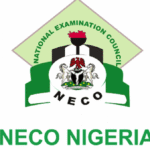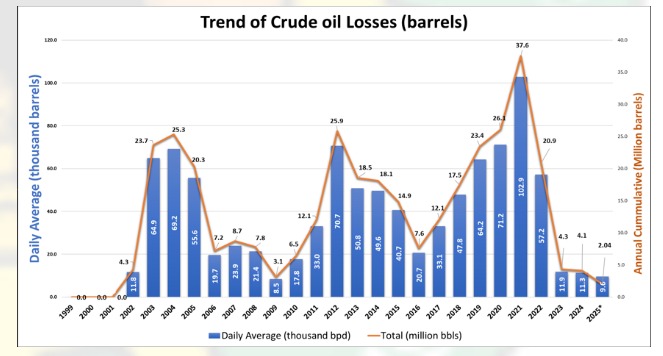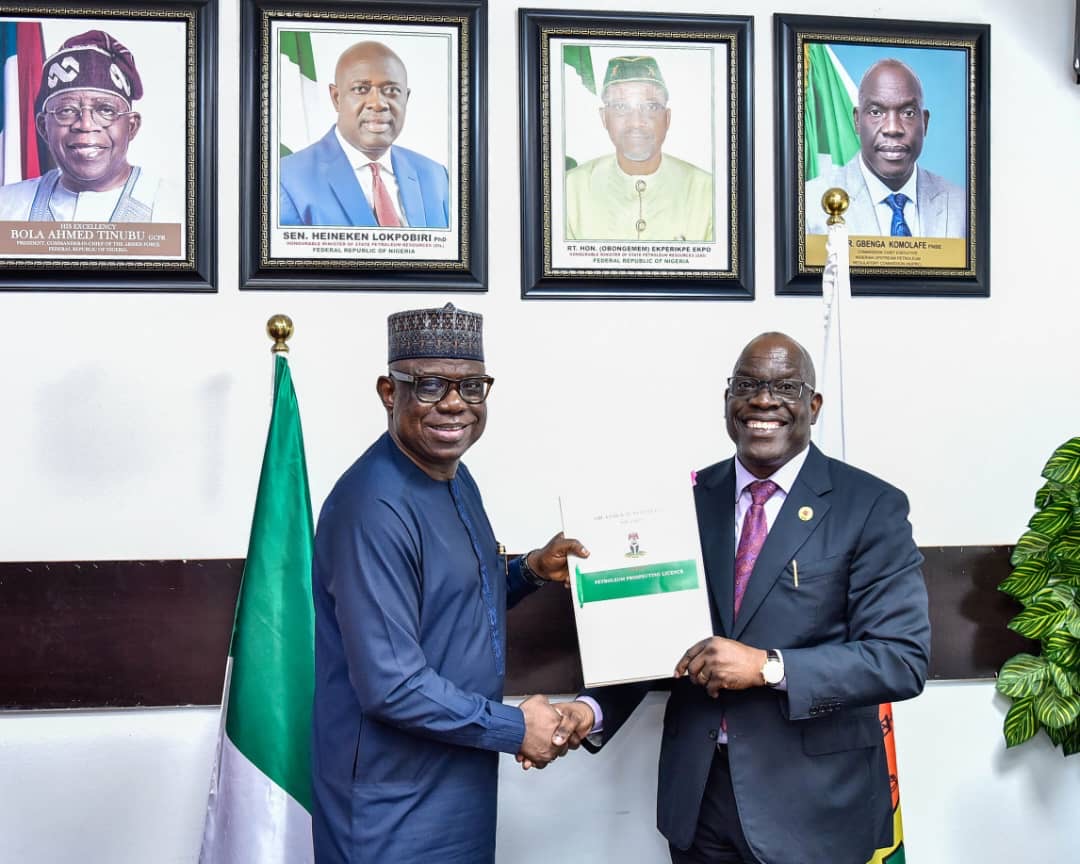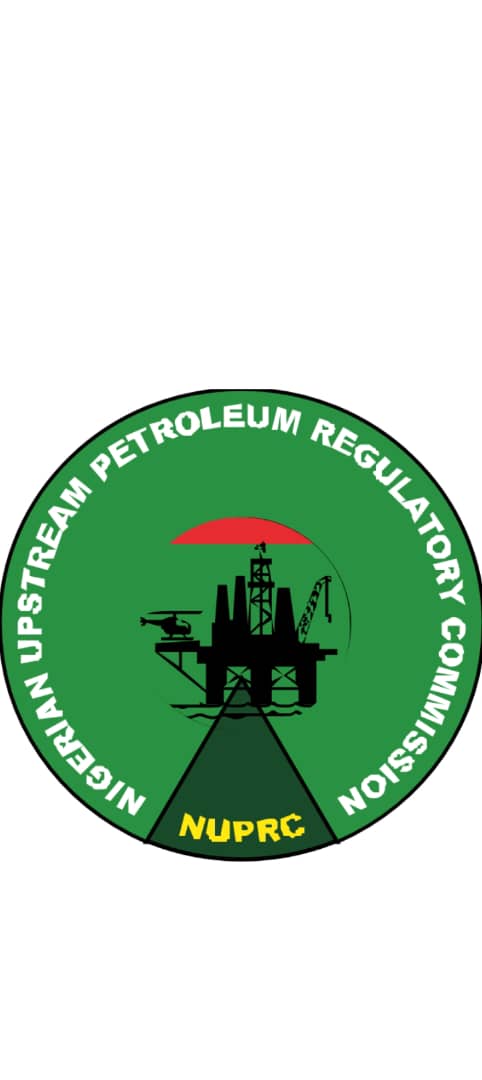Crude oil losses drop to 16-year-low – NUPRC
Turnaround By Emmanuella Anokam The Nigerian Upstream Petroleum Regulatory Commission (NUPRC) says the country’s upstream oil sector is experiencing a significant turnaround. It said Crude oil losses from theft and metering issues had fallen to their lowest levels in nearly 16 years. According to the Commission, daily losses in JulyContinue Reading


















